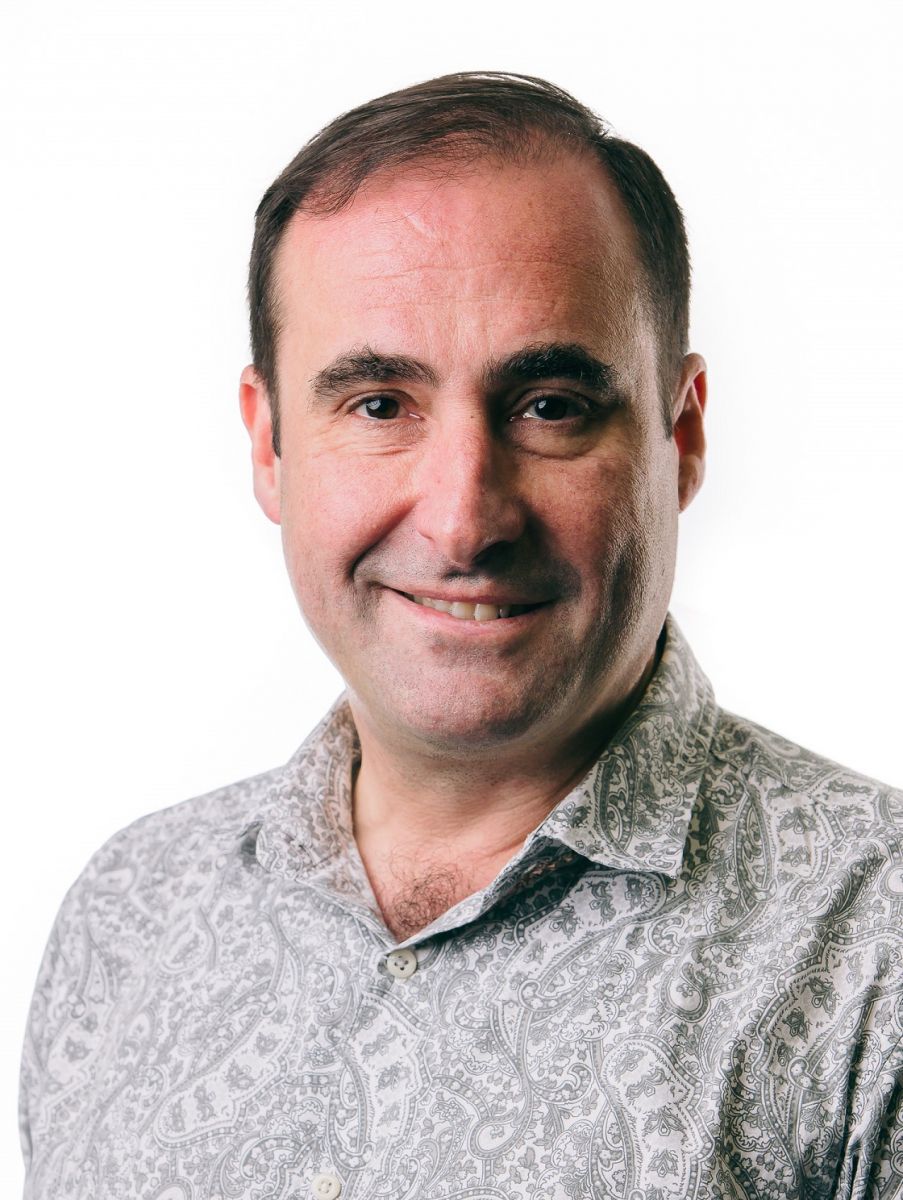
Aside for fighting for better captioning on traditional TV, TV streaming and in the online world, he believes that organisations should keep accessibility front and centre in their mind before embarking on any digital communications project or website build.
“They should firstly keep in mind that there’s an awful lot of blind and vision impaired, and deaf and hearing impaired people out there,” says Mikul. “And so if organisations want to get their message across, they need to provide captioning and audio description on the audio-visual material they have. They also need to be aware maybe of the potential for people to launch litigation against them if things aren’t accessible.”
“And just on websites in general, I think the thing that people need to understand is firstly an accessible website can look exactly the same, and it can have all the bells and whistles, as a non-accessible website,” he explains. “And it’s always easy to build a website from scratch with accessibility built into it, rather than trying to go back and have to retrofit it.”
In terms of captioning, Chris Mikul sees the midnight to dawn curfew on mandatory captioning as archaic and something that needs to change as soon as possible.
“That’s an issue,” he says. “We still don’t have captioning legislation covering 24 hours a day. It’s still only 6:00am til midnight, and no-one else in the world has that, and it’s just a hangover from the old days.”
Listen to the complete interview where Chris Mikul talks with Media Access Australia’s Philip Jenkinson, about some of the key moments in his long career at MAA and the big communication challenges for people with a disability that are still to be addressed.
Read the transcript of Philip Jenkinson's interview with Chris Mikul
Top of page

